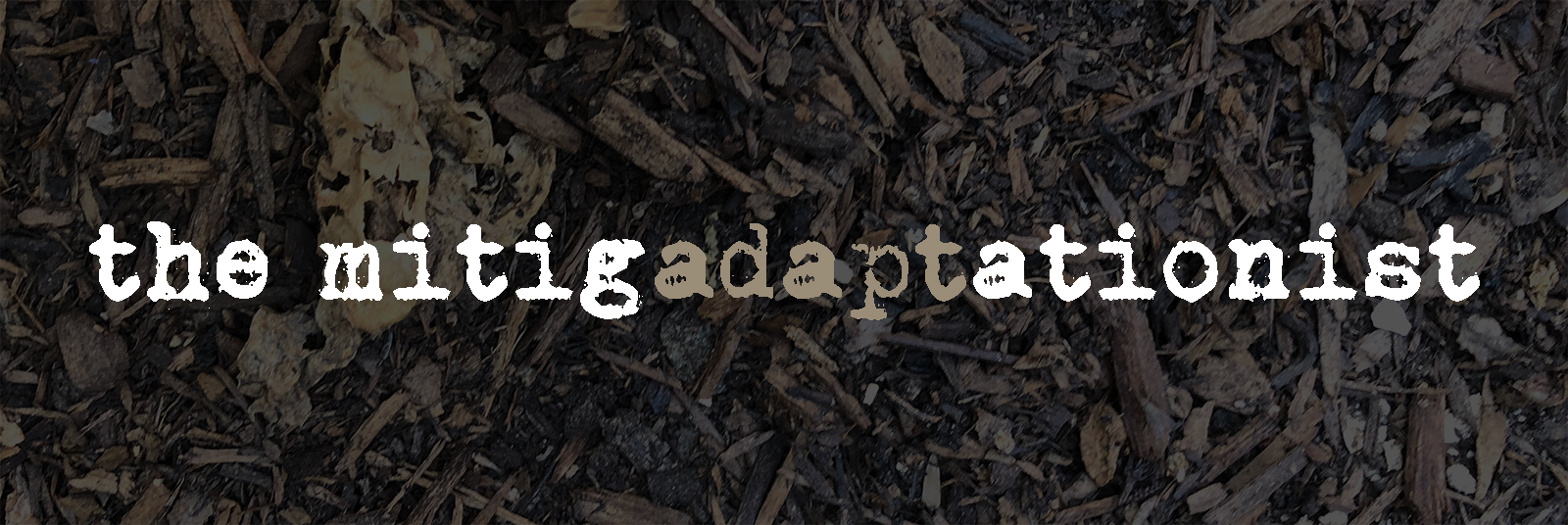
Without permission but with gratitude. Click to read about the Guardian‘s climate pledge, which is good journalistic leadership for a world with a hard deadline.
Last month we wrote about the importance of optimism as the global community prepares to tackle climate change in one decade.
In that spirit we present this Monday’s article in the Guardian: “‘We’ve had so many wins’: why the green movement can overcome climate crisis.”
It’s a quick reminder of many of the often unheralded successful precedents of the environmental movement. These include the global end of “leaded” fuel, the international rescue of the ozone layer, the end of acid rain almost everywhere.
The older among us will remember that these problems seemed hopeless at the time. But, writes Fiona Harvey, the global community solved them anyway:
It is easy to forget that environmentalism is arguably the most successful citizens’ mass movement there has been. Working sometimes globally, at other times staying intensely local, activists have transformed the modern world in ways we now take for granted. The ozone hole has shrunk. Whales, if not saved, at least enjoy a moratorium on hunting. Acid rain is no longer the scourge of forests and lakes. Rivers thick with pollution in the 1960s teem with fish. Who remembers that less than 30 years ago, nuclear tests were still taking place in the Pacific? Greenpeace’s Rainbow Warrior ship was blown up by the French government in 1985, with one death and many injuries, in a long-running protest.
As well as giving heart to activists now, these victories contain important lessons. “The environmental movement has been very successful,” says Joanna Watson, who has worked at Friends of the Earth for three decades. “We’ve had so many campaigns and wins. Sometimes it’s been hard to claim success, and sometimes it takes a long time. And sometimes things that worked before won’t work now. But there’s a lot we can learn.”
We should all nail this article to the wall where we can see it. What can inspire genuine optimism better than a perpetual reminder that, when we’ve had to, we’ve succeeded before?



Humanity put its mind together and concluded that we simply did not need chlorofluorocarbons to evenly distribute liquids — and so we didn’t have to sacrifice the ozone layer for convenience. In fact we didn’t have to sacrifice anything at all. Here, in our informal analysis of aerosols, a dime store squirt bottle delivers a nice, even distribution of water at a light source one meter away. (Squirt bottles remain a better solution than pressurized cans even without the CFC factor — see this 21-year-old artifact for still-current info.)

0 Comments
Trackbacks/Pingbacks